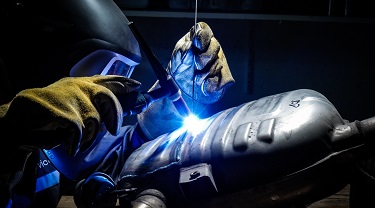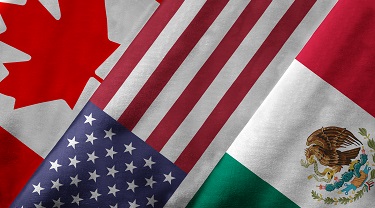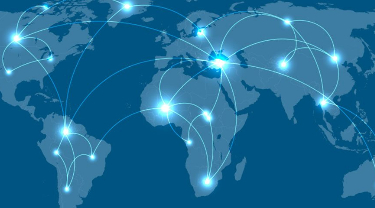In the automotive sector, which is one of Trump’s main targets, companies such as DBG Canada Ltd. remain bullish on Mexico. DBG manufactures car and truck parts and has more than $100 million in annual revenue. Of its approximately 1,000 employees, 60 per cent are in Mexico. DBG’s largest customer has a facility in Mexico while DBG has two manufacturing-component facilities there.
“Our Mexican operations represent approximately half our business,” said John Forester, CFO of DBG. “It’s as big as our Canadian operations.”
Regarding Trump’s statements on Mexico, Forester simply said: “Customers such as big car and truck companies have been and continue to invest in Mexico and the southeast U.S. That’s been going on for a number of years prior to the change in administration in the U.S. Our position is that we need to continue growing our Mexico operations. We’re trying to bring in new customers that are down there. There’s a lot of activity in Mexico as well as the U.S. We’re also looking at establishing a footprint in the U.S.”
Forester said he thinks investing in Mexico makes more sense than ever. “If you’re going to participate in whatever the changes are going to be, it’s best to be there to leverage that. Mexico is a growth opportunity — a significant one — as is the U.S. Canada does not provide the same growth opportunity because most of the truck and car companies are investing in the southern states or Mexico.”
Forester sees Donald Trump as someone who likes to work the media.
“He provides good entertainment value,” the CFO said. “There are concerns, but it’s not the first time that someone has rattled the tariff- or NAFTA-saber. NAFTA benefits a significant number of people and jobs in the U.S. If Trump wants to create the jobs he says he does, he won’t start by eliminating those that already exist.”
Forester said he expects some adjustments to NAFTA. Texas and California both have significant trade relationships with Mexico. “Adjusting tariffs may not be where the job growth opportunities for the U.S. are,” he said.
Ultimately, “you can’t run for the hills unless you know what you’re running from and there’s really nothing to run from right now,” he said.
Most of his competitors and colleagues are also taking the wait-and-see approach.
As for foreign exchange hedging, he said a significant amount of DBG’s revenues are in U.S. dollars, so as long as the “ins and outs match,” there’s no material need to hedge.







